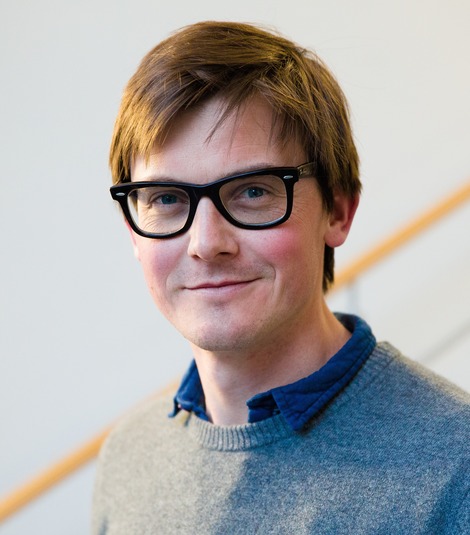Living well with worms
Workshop with Dr Jamie Lorimer (Associate Professor at School of Geography and the Environment, University of Oxford)
29.06.2016 16:00 – 18:00
Living well with worms: the geographies of Homo microbis
 Dr Jamie Lorimer is Associate Professor at the School of Geography and the Environment at the University of Oxford. He is also a fellow and tutor at Hertford College as well as the Academic Director for Nature, Society & Environmental Governance (MSc).
Dr Jamie Lorimer is Associate Professor at the School of Geography and the Environment at the University of Oxford. He is also a fellow and tutor at Hertford College as well as the Academic Director for Nature, Society & Environmental Governance (MSc).
Read the abstract of his recent paper on Living well with worms: the geographies of Homo microbis:
Recent findings from the Human Microbiome Project, suggest that a great deal of ‘us’ is not ‘us’. In oft-cited figures, we are diminished to only 10% or 1% human, depending on whether our essential identity is pinned to ‘human’ cells or genes, respectively. Scientists present the human as a ‘superorganism’, accommodating, infected and kept alive by diverse microbes in dynamic ecologies. Once feared as universally pathogenic, microbes are now ascribed central roles in the performance, maintenance and epigenesis of a healthy body.
In this paper I begin to explore the implications of this figure of Homo microbis (Helmreich, 2015) and engage with recent work that has sought to develop a relational or topological understanding of human and environmental health. Here pathogenicity is understood as an emergent outcome of particular political ecological ‘situations’, not solely the result of contamination by an undesired microbe crossing in from some unsanitary outside.
I develop this work through an analysis of human entanglements with helminths, or parasitic worms. Deworming has long been central to programmes for global health and economic development. High wormloads have been linked to a range of health and productivity problems. Helminths have largely been eradicated (along with a host of other microbes) in the Global North as part of broader initiatives to control infectious disease. However, there is growing concern that the absence of worms (and other components of the microbiome) might be behind the recent increases in the incidence of autoimmune, allergic and inflammatory disease. ‘Missing microbes’ we are told, make us vulnerable to ‘epidemics of absence’. As a consequence, a number of people are reworming, using species like human hookworm therapeutically to tackle conditions such as hay fever, Crohn’s disease and even autism.
The paper attends to the seeming spatial paradox of concurrent programmes to de- and reworm the world, to develop a three part typology of the spatial relations in which helminths become entangled with different groups of humans: as parasite, symbiont and domesticate. I define and specify the particular topological and biopolitical configurations in which these relations come into being. In conclusion, I explore how the story of worms helps specify emerging ‘post-Pasteurian’ (Paxson 2008) ways of governing the lives of animal (including human) superorganisms.
References
Helmreich, S. 2015. Sounding the Limits of Life: Essays in the Anthropology of Biology and Beyond: Princeton University Press.
Paxson, H. 2008. Post-pasteurian cultures: The microbiopolitics of raw-milk cheese in the United States. Cultural Anthropology 23 (1):15-47.
Do not miss his workshop on Wednesday, 29 June at 16:00 at the RCC, 4th floor conference room. There will be a pre-circulated paper for the workshop so please register with ursula.muenster@rcc.lmu.de or Maya.Schmitt@rcc.lmu.de
Jamie Lorimer will also be talking in Dr Ursula Münsters Introduction into Environmental Studies course from 10:00 till 12:00. This event will also take place in the 4th floor conference room.

